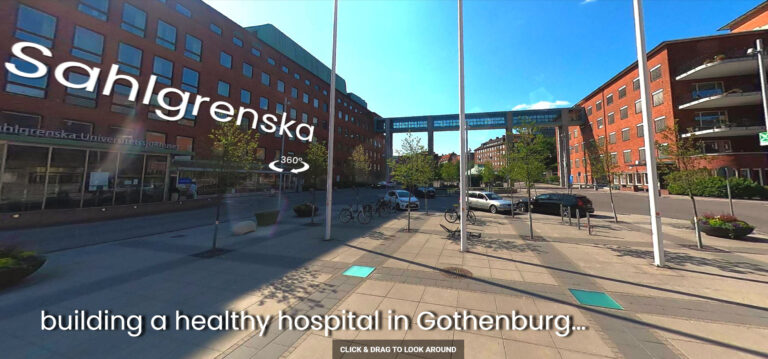
Case Study Mockup: Developing a Pedestrian Plan for a Healthy Hospital in Gothenburg
On this webpage, follow the Bötzowviertel case, a neighborhood streetscape analysis with pedestrian solutions.

On this webpage, follow the Bötzowviertel case, a neighborhood streetscape analysis with pedestrian solutions.
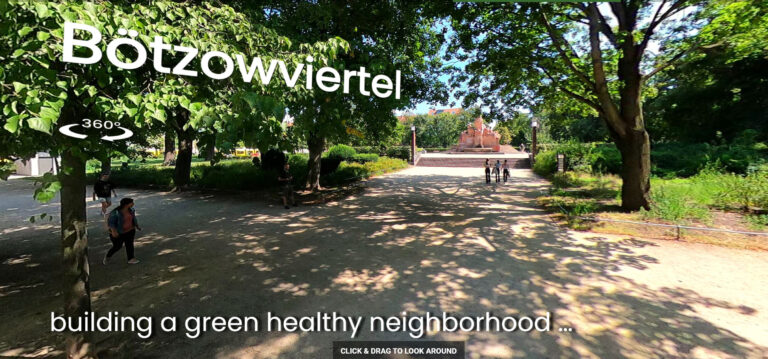
On this webpage, follow the Bötzowviertel case, a neighborhood streetscape analysis with pedestrian solutions.

This work unveils the heterogeneous preferences of different hospital users for green infrastructure improvements that could improve their health and wellbeing. Moreover, it shows that distinct motivations determine their demand for spending time outdoors and their willingness to pay for these improvements.

The epigenome may provide a necessary link to advance knowledge of the biological pathways underlying the urban environmental impact on cognitive impairment and neurodegenerative disease risk. Broadening understanding of these pathways will help fuel multi-sectoral collaboration with decision makers to advance urban environmental health for human cognitive benefit.
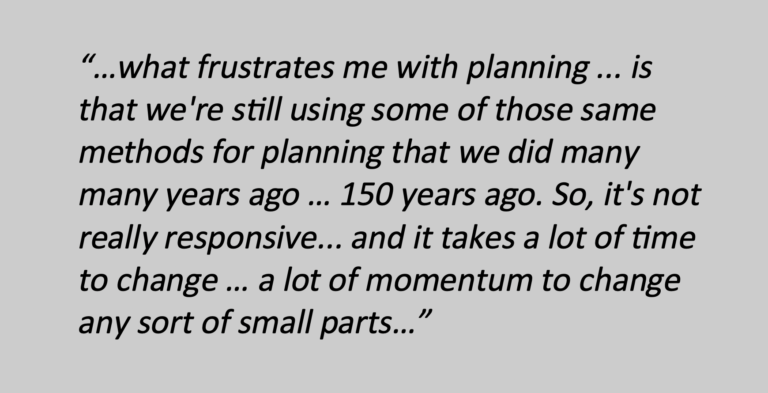
City makers need to stop making cities for ‘normal’ circumstances. Cities are liveable only when they can respond and reflect on and learn from disruptions and consequently adapt and change.City makers, policy makers
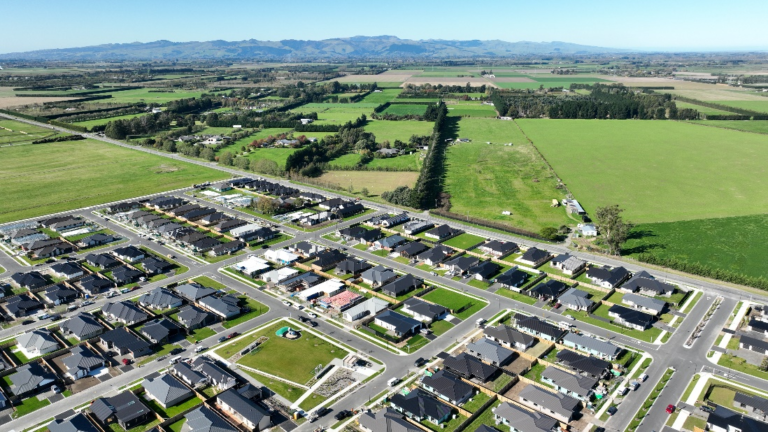
As the global urban population grows, food production and housing are currently ‘competing’ with each other for land on the edges of cities. Both essential urban components, this research supports town planning and urban design professionals to explore alternative peri-urban land use typologies, where food production and housing co-exist for greater urban health and resilience.
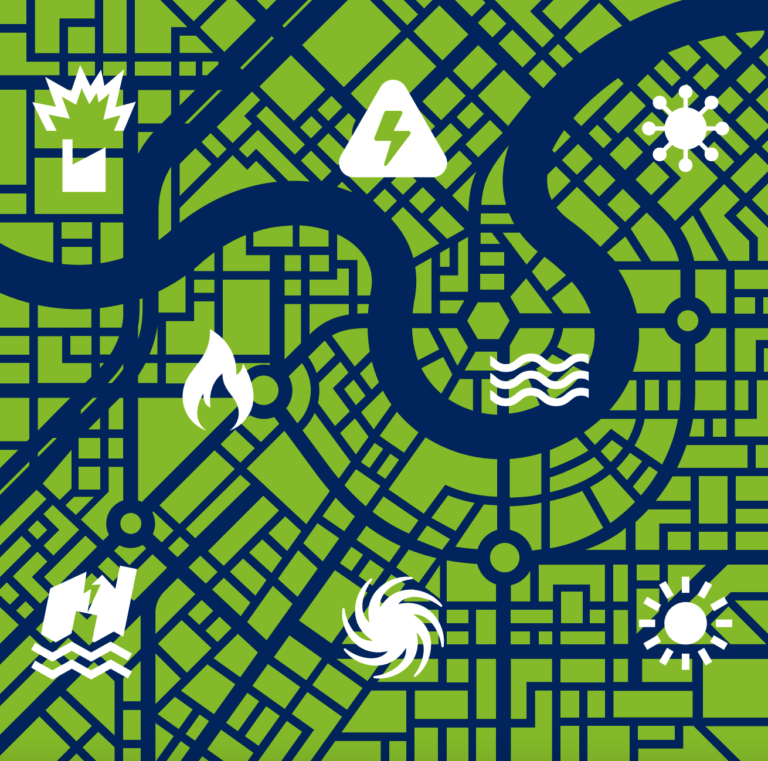
As emerging challenges have made urban areas increasingly vulnerable, jeopardizing the health and well-being of their inhabitants, resilience should be seen as a pathway for healthy cities and integrated into urban planning practices. This study shows if and how existing indicator frameworks can identify urban systemic vulnerabilities and priorities for resilience building to provide local authorities with evidence crucial in planning for healthy and resilient cities.

Cities need to be aware of their vulnerabilities to local emergencies. They also need to understand which urban planning, design and management strategies work best to build resilience. We reviewed the latest scientific evidence to identify the most effective preparedness strategies for different emergency scenarios, analysing co- and dis-benefits among them. Ideas and tools for local authorities and communities in general to build back better.

Urban greening interventions have been shown to increase the climate resilience of our cities and improve the health outcomes of residents. How can we use open data to target these interventions more effectively and maximise the benefits of increased greening?
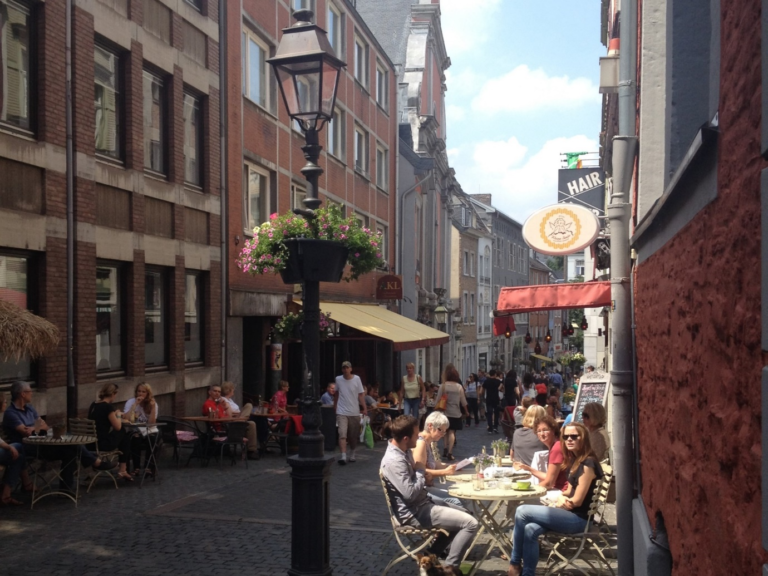
Urban design and planning, and associated policies, must enable and support a collective adaptation to climate change by responding to local needs. These needs can be identified through an urban comfort lens considering sociocultural preferences and needs which must inform urban design and planning practice.